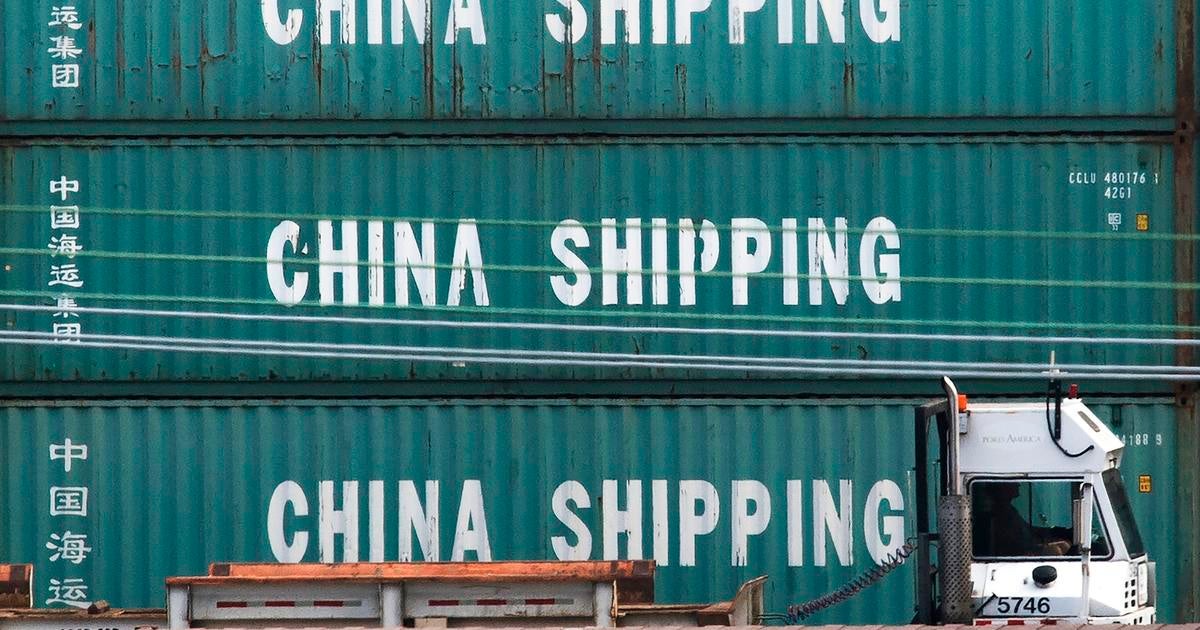Useful information
Prime News delivers timely, accurate news and insights on global events, politics, business, and technology
Useful information
Prime News delivers timely, accurate news and insights on global events, politics, business, and technology

China said Thursday it was adding dozens of American companies to its export control list to “safeguard national security and interests.”
China’s Ministry of Commerce said it would impose measures on 28 US entities and also ban exports of dual-use items to listed companies starting Thursday, it reported. he Global Times, a Chinese newspaper considered aligned with Beijing, and he Xinhua government news agency. Dual-use items refer to those that can be used for civilian or military purposes.
China also sanctioned 10 defense companies on Thursday for military sales to Taiwan, the autonomous island China claims as its own, adding them to China’s “Untrustworthy Entity List,” the ministry said, according to AFP.
“It really seems to be a warning sign: that the escalation of US policies against China, particularly under Trump, will receive a more aggressive response,” Jesse Schreger, associate professor of macroeconomics at Columbia Business School, told CBS MoneyWatch. “China is signaling that it will not passively accept tariffs.”
The threat of not selling dual-use products to publicly traded companies could have consequences, given China’s role as a global manufacturing power, Schreger said. It is unclear how China intends to enforce the measures and which products will be considered dual-use and therefore have their sales restricted. Tires, for example, could be considered produced for both civilian and military use, he noted.
The measures come as Beijing prepares for President-elect Donald Trump’s return to the White House and after the Biden administration expanded its restrictions on Chinese companies amid escalating back-and-forth. During his presidential campaign, Trump also floated the idea of imposing a tariff of up to 60% on all Chinese products.
“The desire to impose high tariffs on China seems credible, if you think about the first Trump administration and its willingness to use (tariffs) for geopolitical purposes,” Schreger offered. “The Biden administration didn’t undo that; in fact, it professionalized it. The Trump administration’s rhetoric could have been stronger, but the Biden administration took this economic battle to the next level.”
China last month saying was investigating American microchip maker Nvidia for possible violations of Chinese antitrust laws.
China’s action comes less than a week after put sanctions on seven companies in response to recently announced US sales and military aid to Taiwan.
Still, Beijing’s sanctions against U.S. defense companies tend to have a moderate impact given that U.S. military companies do not sell weapons or related goods to China. Some analysts think retaliatory trade measures could also be limited.
“Changes to immigration, trade and tax policies under the second Trump administration will likely be significant, but they will fall short of some of the most dramatic proposals,” Goldman Sachs analysts said in a recent report. “We expect tariffs on imports from China and automobiles, but not a universal tariff, which would carry economic and political risks that we believe the White House would prefer to avoid.”
contributed to this report.